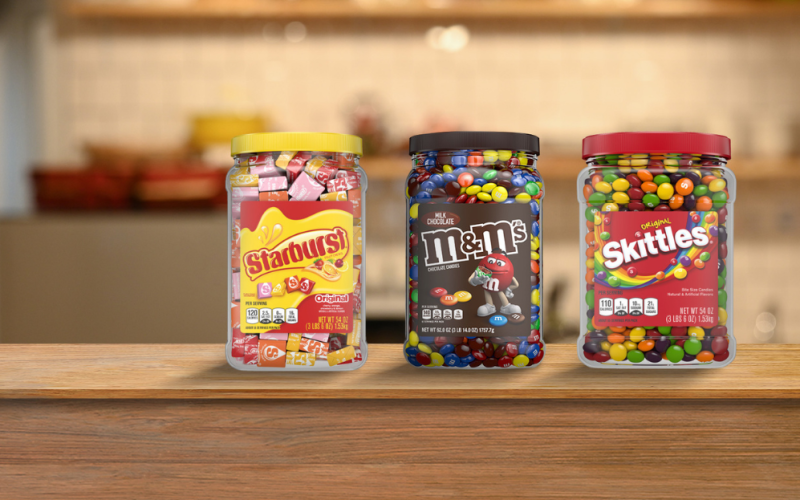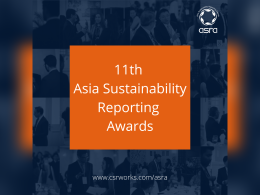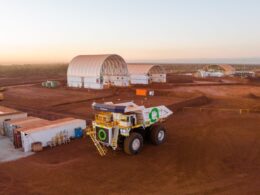Berry Global Group has partnered with Mars to introduce 100% recycled plastic packaging for its pantry jars of M&M’S®, SKITTLES®, and STARBURST®—excluding jar lids. This is the latest development in the companies’ ongoing collaboration to integrate recycled content into packaging and follows the 2022 launch of jars containing 15% recycled plastic.
The newly designed pantry jars, available in 60-, 81-, and 87-ounce sizes, are widely recyclable and incorporate mechanically processed recycled content. This transition is expected to eliminate over 1,300 metric tonnes of virgin plastic annually—the equivalent weight of approximately 238 African elephants.
The jars are made from post-consumer resin, derived from recycled plastics collected from consumers. This approach helps divert plastic waste from landfill, reduces reliance on virgin plastic, and cuts emissions while promoting a circular economy. Consumers can recycle the jars by placing the lid back on the empty container and disposing of it in a recycling bin, allowing the plastic to be repurposed into new products.
Manufactured at Berry’s production facility, the easy-grip square jars are produced using certified food-grade mechanically recycled resin sourced from curbside collection streams. Berry leveraged its material science expertise and technical capabilities to develop a packaging solution that aligns with both companies’ sustainability objectives without compromising product quality.
“As businesses worldwide work towards a circular economy, scaling up the use of recycled materials is critical,” said Peter Goshorn, Vice President of Food, Beverage & Spirits at Berry Global’s Consumer Packaging North America Division. “That’s why we are collaborating with leading brands like Mars to significantly increase the use of recycled content, enabling responsible business growth while maintaining high product standards.”
Mars has been redesigning its packaging portfolio to reduce plastic use and ensure its packaging is recyclable, reusable, or compostable as part of its Sustainable Packaging Plan. The company has worked with Berry since 2017 to advance sustainable packaging solutions.
“In the future we envision, no packaging becomes waste; instead, it is reused, recycled, or composted,” said Allison Lin, Global Vice President of Packaging Sustainability at Mars. “This is why we continue to rethink our packaging strategy and collaborate with partners like Berry. Reducing our use of virgin plastic through investments in recycled content is a crucial step alongside initiatives to remove unnecessary packaging, explore reuse models, and redesign packaging for circularity. Using recycled content also drives demand for improved recycling infrastructure, which is essential to a circular economy.”
With the collective efforts of Mars employees and strategic partnerships like the one with Berry, Mars is redesigning 12,000 packaging components and pushing the boundaries of sustainable packaging innovation.


















